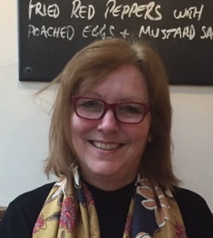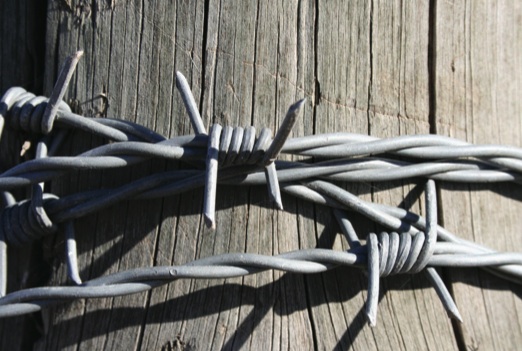In my reflections on the Simon Hall confession and its effect upon innocence projects in the UK I advocated more openness from innocence projects partly to avoid giving false hope as to what we can realistically achieve. So in that spirit of transparency, I thought it would be helpful to share with Justice Gap readers some practical experiences, both good and challenging, of our project at Cardiff. Pic from Flickr by by Terry Freeman.
There is no scarcity of material written about miscarriages of justice and individual cases of alleged wrongful conviction (although, as David Jessel points out in his comment to my Simon Hall article, such stories nowadays curry less media favour. However, it’s not easy to find writings on the working and experiences of UK innocence projects. This weekly diary will seek to help fill that gap. We aim to lift the lid on some of our work at Cardiff, subject of course to client confidentiality constraints and other ethical and privacy issues. But even within those parameters, we feel there is a lot that we can share after eight years of what I regularly call our “hard slog” of first establishing our project, then running it, and along the way making twelve substantive submissions to the Criminal Cases Review Commission (CCRC).
This diary presumes that those reading it, or engaging with it, are aware of the concept of innocence projects and their history in the UK.
Our aims are modest:
- To inform. Those with a deep, or even passing, interest in miscarriage of justice work may wish to gain a flavour of the work that an innocence project does and how we tackle any obstacles or issues unearthed.
- To generate discussion. Online blogs do not necessarily attract engagement with readers, for any number of reasons. But if people, including colleagues and students in other universities working in this arena whether as an innocence project or some other criminal appeals clinic and whether an Innocence Network UK (INUK) member or not (Cardiff isn’t a member), spot something that triggers a line of thought, we are happy to engage, either via comments on this Diary or by email if a less public discussion would be more appropriate. We’re emphatically not trying to replicate any membership or other forums that already exist, but instead want to supplement any existing discussion with our reports on day-to-day routine alongside more complex issues that we encounter. We hope this will prompt wider discussion and reflection upon issues that may also affect others.
- To raise awareness. We know that many people outside the small UK miscarriage of justice community are simply unaware of some of the arguably unfair aspects of our criminal appeal system. If something we discuss in our “Diary of a UK Innocence Project” results in a previously unaware person adding their voice of concern to any future wider discussion, then again this will be a worthwhile result.
- To learn for ourselves. Our project is constantly evolving, and we look forward to improving as a result of reflecting upon ideas generated and lessons learned.
If people don’t want to engage, that’s fine too, of course; we have no expectations . But we hope at least that a seed of thought germinated by our Diary might result in private discussion somewhere, sometime, which might even lead ultimately to a wrongful conviction being overturned.
There will be the usual caveats for all our diary entries: the views will be mine or those of our colleagues and students and not those of Cardiff University’s Law School. What we discuss in the diary will not be a comprehensive account of everything we do at our innocence project, but will be a selection of matters that we consider appropriate to report at the time of writing. Our innocence project may operate in a completely different way to others. We are not suggesting that ours is the model to follow; far from it. We’d be delighted to receive inspiration and by engaging in this way it might lead to fruitful future collaboration and a more effective casework partnership for the benefit of our clients – who knows?
The diary entries and any responses to comments are not to be considered in any way as us holding out as giving legal or other advice to anyone. Anyway, I suspect that our Diary will raise more questions than it generates answers. We plan to run this diary as a ‘pilot’ for the rest of the autumn term, to see how it goes.
Diary entry number 2 will follow soon, and will look at some issues under discussion before our new student cohort arrives for the new autumn semester.







